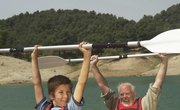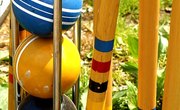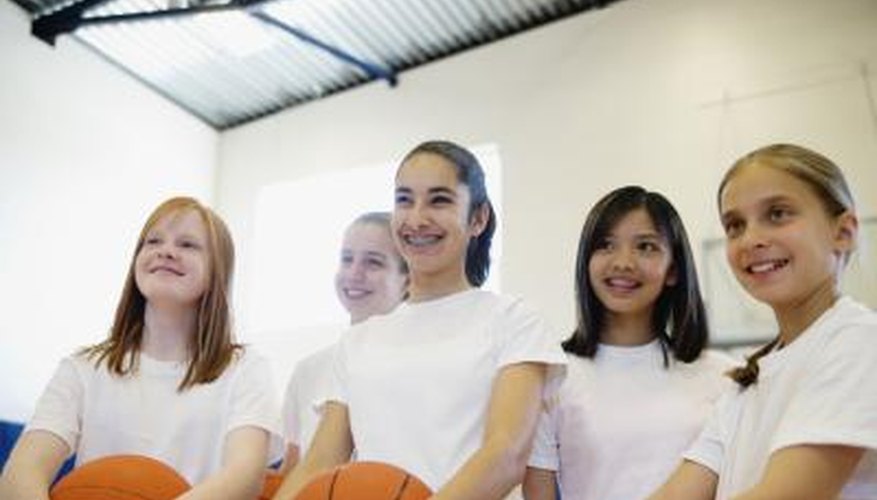
Physical Education in schools involves the study of theory regarding health and fitness. Physical participation in a range of sports is also conducted as part of a physical education curriculum. Team sports played and taught include basketball, volleyball, football and soccer. Individual sports commonly taught are tennis and a range of track and field activities. Fun recreational games can be a way to vary your physical education curriculum and teach motor skills.
Dodge Ball
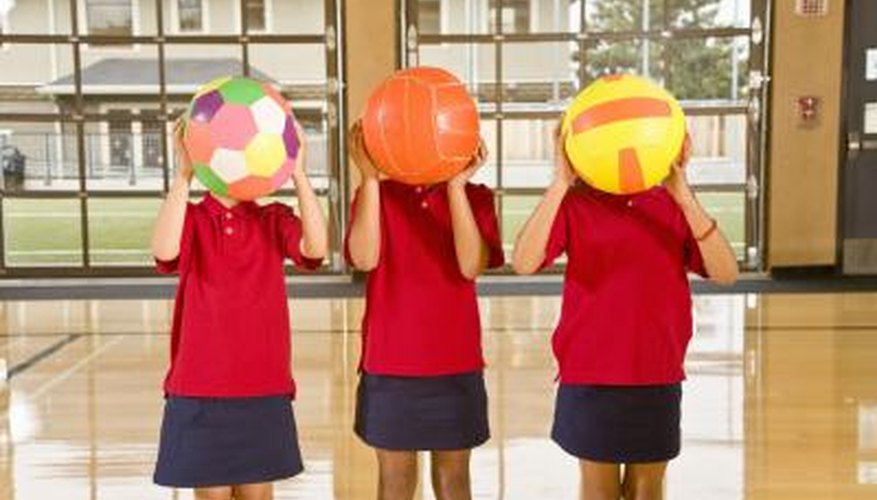
Big Cheese Photo/Big Cheese Photo/Getty Images
Dodge ball is a recreational game that involves the motor skills of handling and throwing a ball. Dodge ball also requires quick movement to avoid balls and can develop good balance and footwork. The rules of dodge ball involve a volleyball style court with no net but a center line that neither team can cross. One ball is involved and players are eliminated when hit with a ball thrown by an opposition player. If a ball is caught, a player can bring an eliminated teammate back into the game. Because this game involves balls being thrown at players, it is important to use soft balls that will not cause pain and monitor safety closely during play.
Obstacle Course Race
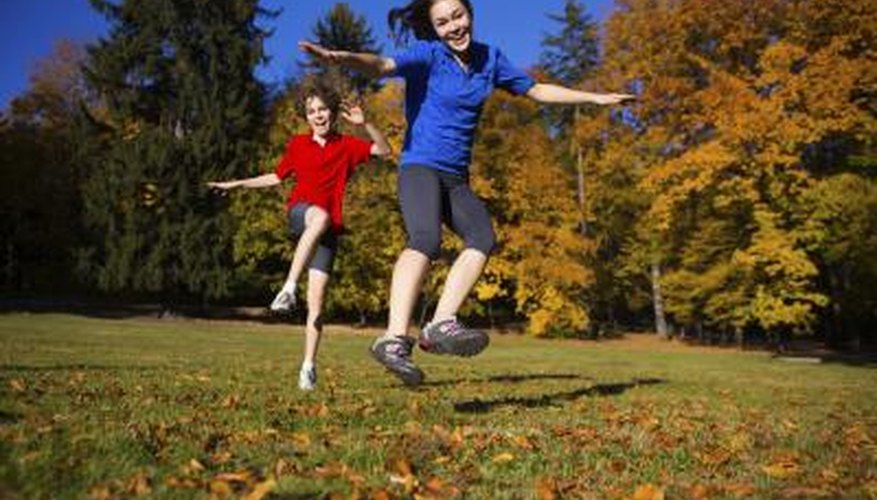
gbh007/iStock/Getty Images
Obstacle course races are a fun recreational game that involve working a number of different motor skills and muscle groups. A typical course would involve sprinting between stations where tasks must be completed before moving on to the next station. Fun group competition can come from racing in relay teams. Activities that work coordination involve jump rope or agility footwork tests. Add stations for bounding activities, such as 10 jumps on and off a bench, and body weight exercises, such as push-ups, sit-ups and squat jumps. An obstacle course race pairs the competition for racing with circuit-type exercises and serves as a good fitness workout combined with a recreational game.
Creativity
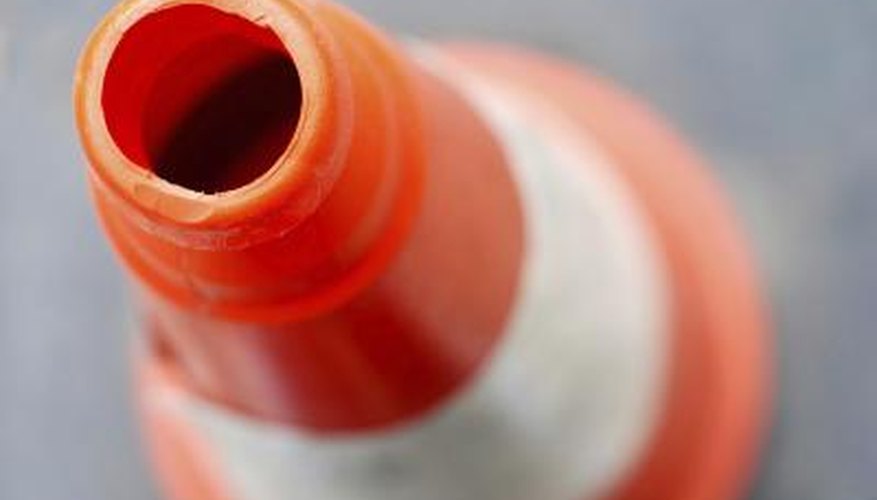
ilbusca/iStock/Getty Images
A good addition to a physical education curriculum that develops both fitness and mental aspects of learning is allowing students to invent their own recreational game. Allot equipment and set the playing surface. For example, give the group a ball, six cones, six pinnies and a basketball court and then allow them the freedom to create rules and regulations. This activity also develops leadership skills as the game is created and taught to others.
References
Writer Bio
With a sport psychology master's degree and a successful coaching background, Stewart Flaherty has experience in improving performance in a number of areas. His articles specialize in sport psychology, nutrition and coaching.

